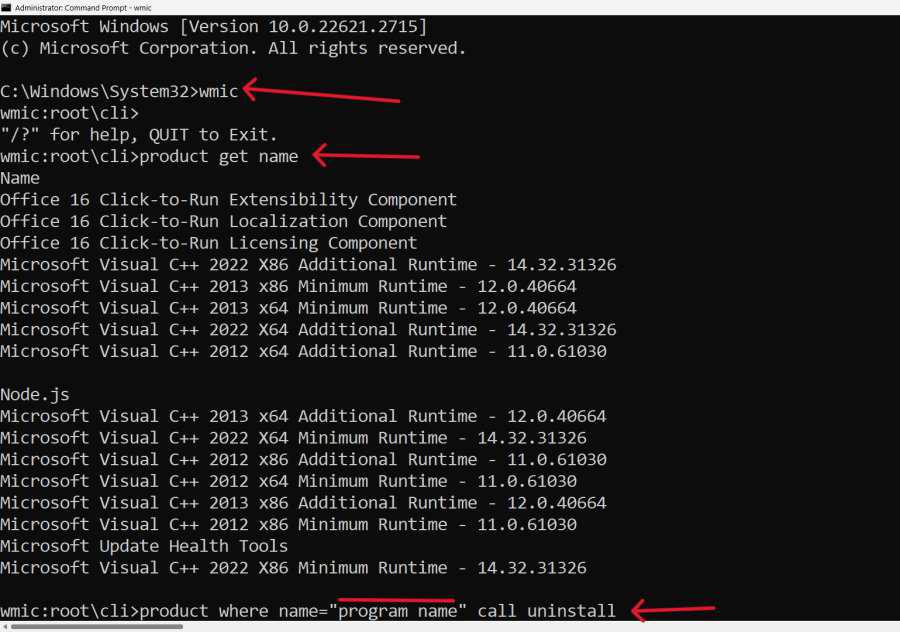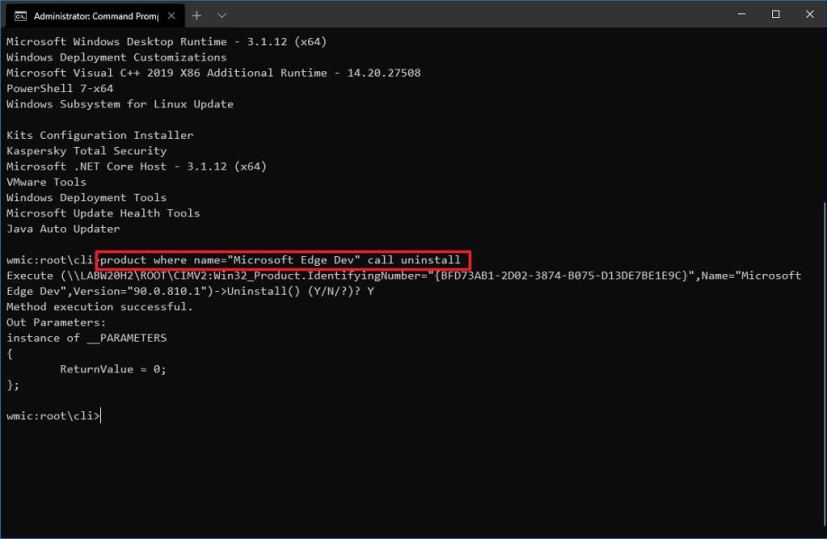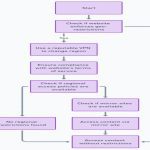wmic remove software via the Windows Management Instrumentation Command-line (WMIC) provides programmatic software uninstallation, particularly useful in scripting and administrative scenarios where GUI access is unavailable or for batch processing.
Core Command Structure
The fundamental command syntax is:
- wmic product where "name='Software Name'" call uninstall /nointeractive
Replace Software Name with the exact name of the application as listed in the "Add or Remove Programs" list. This command identifies the software by its name and silently triggers its uninstallation process.

Locating the Exact Product Name
Use this command to generate a list of installed software with precise names and identifiers:
- wmic product get name, identifyingnumber
Always verify the name against this output, as the displayed name may differ from common branding.
Uninstall Using Product ID
For greater reliability, uninstall via the application's immutable identifying number:
- wmic product where "identifyingnumber='{XXXXXXXX-XXXX-XXXX-XXXX-XXXXXXXXXXXX}'" call uninstall /nointeractive
Replace the placeholder with the GUID obtained from the `get name, identifyingnumber` command. This method is precise and avoids name conflicts.
Practical Use Case
Execute in an elevated Command Prompt to uninstall software failing via standard UI (e.g., broken Vendor AcmeApp):

- Run: wmic product get name, identifyingnumber findstr /i "AcmeApp"
- Copy the GUID for "AcmeApp".
- Execute: wmic product where "identifyingnumber='{Copied_GUID}'" call uninstall /nointeractive
The `/nointeractive` switch suppresses user prompts during execution.
Key Considerations
- Elevation Required: Run Command Prompt or PowerShell as Administrator.
- Robustness: Utilize `identifyingnumber` (GUID) over `name` for accuracy.
- Limited Feedback: WMIC provides minimal uninstall status output. Verify removal manually post-execution.
- Alternative Tools: WMIC is deprecated on modern Windows. Prefer PowerShell cmdlets like Get-Package and Uninstall-Package (requires PackageManagement module registration) for current systems.
- Legacy Behavior: WMIC primarily targets software installed using Windows Installer (MSI).












